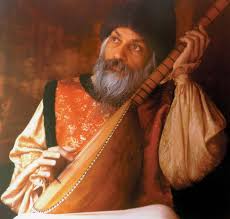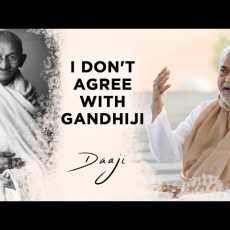Nandita Kochar
On the divine occasion of Guru Purnima, we decided to revisit what Osho, the Indian spiritual leader & philosopher, had to say about a Guru, Disciple and their Relationship.
First of all, a guru is not a teacher.
The guru must be enlightened himself, he must have experienced the ultimate truth in order to be able to communicate it to his disciples. A teacher need not be self realised but a guru must be. A teacher can pass second hand information from scriptures or traditions but a guru must not do so. Coming in contact with a guru must put one in direct touch with firsthand knowing. Happyho also provides best Meditation and Tarot classes in Noida and Delhi NCR India area
Secondly, a guru is not aware of his guruship.
A guru cannot claim to be a guru because if he does so then he isn’t one. To realise the ultimate truth, one must give up his ego. Truth is seen in the absence of the ego.
In the realm of the spiritual, the guru does not exist, only the disciples do. This is because the disciples consciously choose to be disciples. A guru does not choose to be a guru, he merely acts. His teachings are one with his living. His each action – walking, sitting, standing, silence, talking – is an indication. The disciple has to constantly have an open receptive mind in order to actually learn from the guru. He must persistently wait near the dry tap for one never knows when the first drop of water might arrive.
The relationship between a guru and a disciple is extremely intimate, like love. The reverence felt is just like love but with one difference – love is parallel, reverence is for someone higher. And this reverence is not created or demanded. It is automatically felt, like a reflex.
The relationship between a guru and a disciple is based on trust. However, this trust is not blind faith because the guru never expects someone to believe in him. But the very path towards the truth, covered in uncertainty, cannot be walked without trusting the guru.
So the relationship between these two is based on intimate love, reverence and trust. However, none of these is demanded. The moment they are, the relationship becomes that of exploitation, of forcefulness. The guru should not force a disciple to learn, the disciple should willingly come to the guru to learn.





